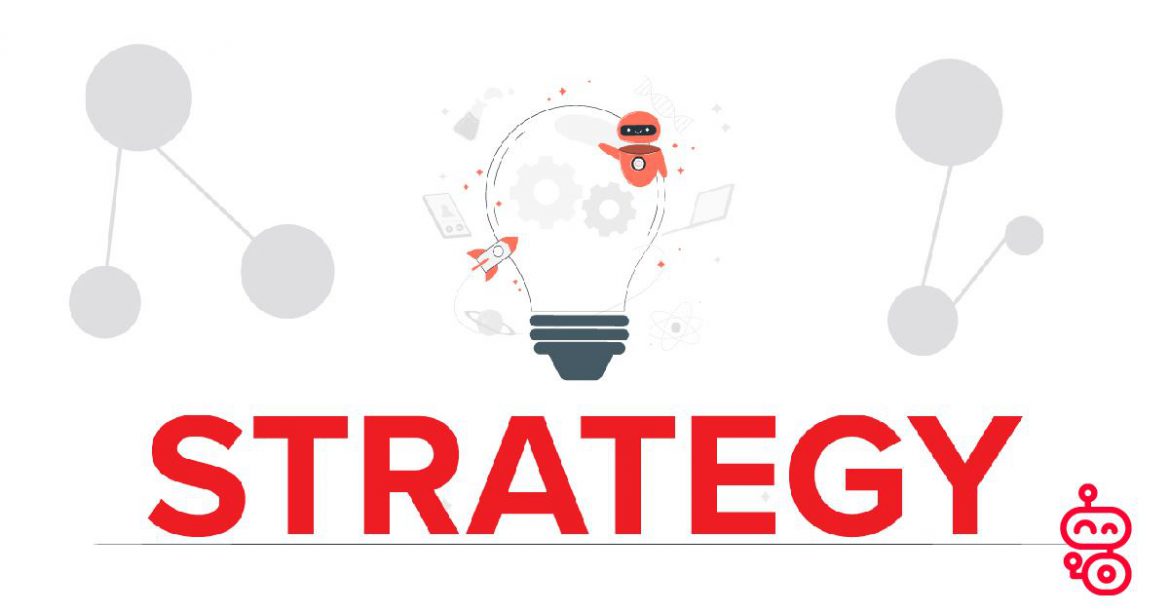Robotic Marketer Blog Posts from December 2020
Why Your Marketing Consultant Doesn’t Know It All
Why Your Marketing Consultant Doesn’t Know It All In the ever-evolving world of marketing, the expectation that a marketing consultant possesses an all-encompassing knowledge base is a common but misguided assumption. Despite their qualifications and expertise, marketing consultants, like ...
The Importance Of Keywords To Your Digital Marketing Strategy
When people look for products or services online, the first thing they do is a keyword search. The key to the success of a digital marketing strategy is by utilizing keywords and understanding your niche in the market. Keywords act as a catalyst between the user and the business. They connect ...
How To Choose The Best Consulting Firm For Your Technology Company
There are currently so many marketing consulting firms large and small available to choose from that it can become a confusing process trying to find the right fit for your company. Here we will discuss some ways you can work out which marketing consulting firm is best for your technology ...











